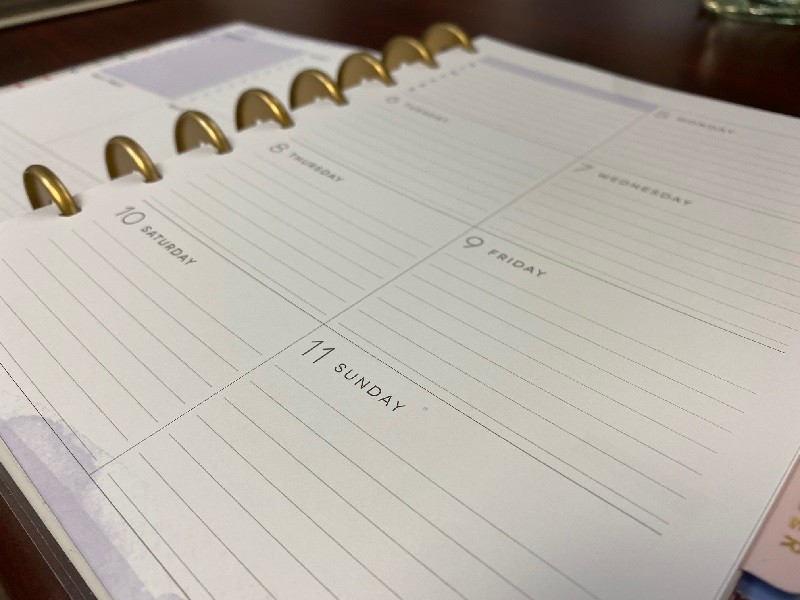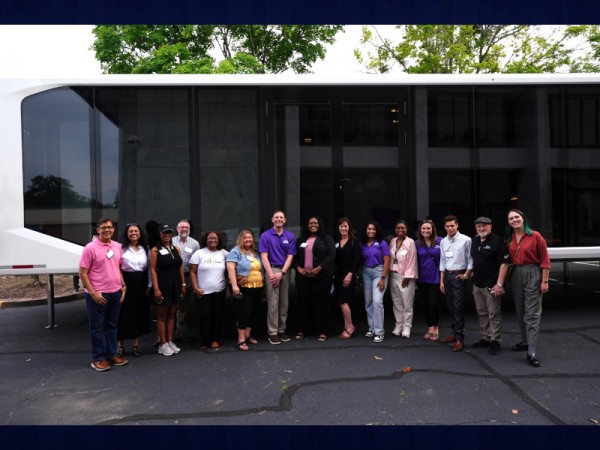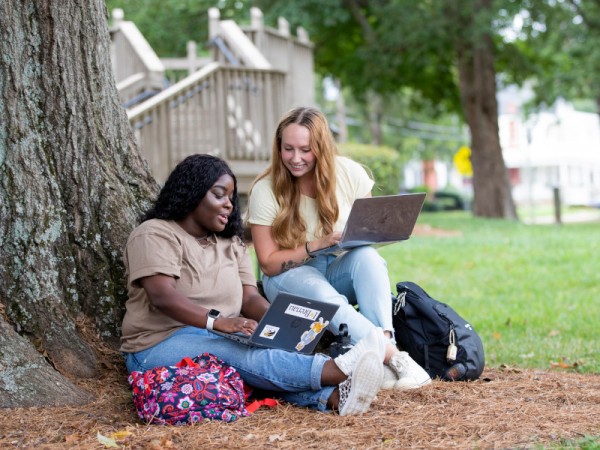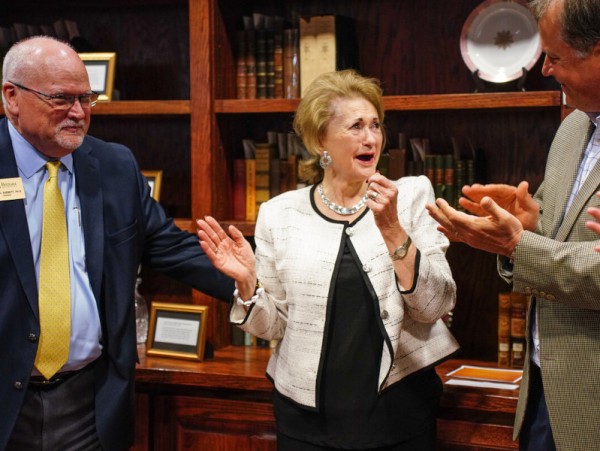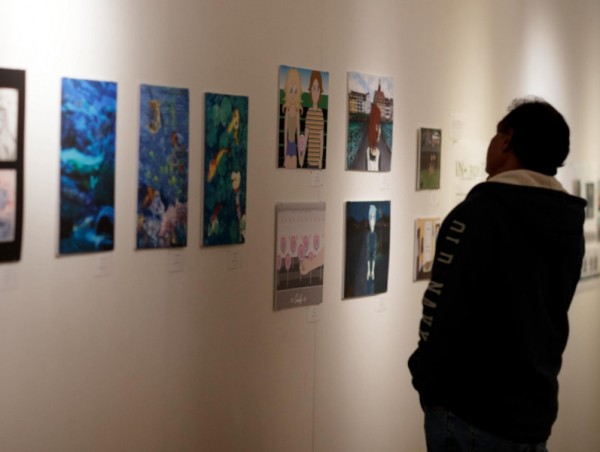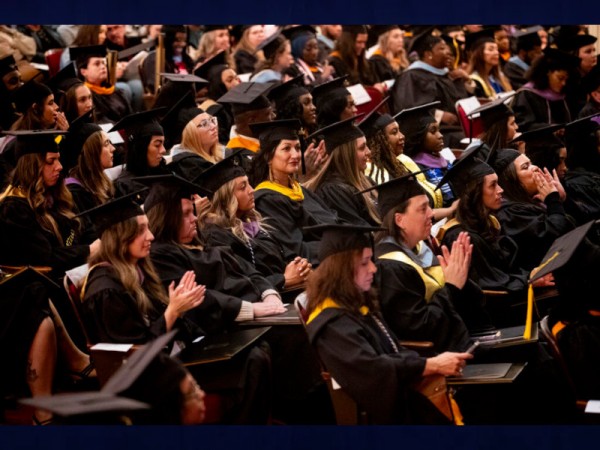As Georgians continue to tackle the pandemic, the questions of a "new normal" and a new routine hangs in the balance.
The pandemic has changed quite a bit in the workplace routine, with some companies opting to continue to work remotely instead of holding in-person meetings and sharing a workspace. Some schools continue to offer virtual classes but many are transitioning back to a structured, traditional school year, even mask-free. And as those things happen, families are beginning to adjust from the COVID-19 routine to the so-called "new normal" routine.
"When we're talking about the disruption of a routine, it's important as well to know that its going to happen from time to time, it's just the stuff of life, the things that are outside of our control," said Rebekah Rocheleau, a psychotherapist and assistant professor of psychology at Brenau University. "But we roll with the punches, and the more we are able to manage our expectations of the day, the more we are routined and scheduled, the more we become maybe less flexible over time."
But Rocheleau isn't saying lock yourself into a hard routine to recover from the jarring jolt of the pandemic. As with most things in life, routine is also about balance.
"When we're working on new routines, working on motivation and things like that, how do we also schedule in some spontaneity? How do we also schedule in some fun, so we don't forget to do those things as well because they are so important in our every day lives," she said. "It's important to have fun, to be silly, to satisfy time for self care. And when you're in the middle of a global pandemic, you're really not thinking about all of those things, you're thinking about the unknowns and getting through the day."
She said in the coming weeks, people will need to adapt to new routines, ones that may not match with their former routines pre-pandemic, but might be more well rounded.
For example, Rocheleau said many people picked up new hobbies, rekindled their passions, or strengthened family relationships while experiencing pandemic precautions, and it's important to include that in a new routine.
"So in evaluating a new routine, what can we take from the past year and a half that went well, and that we want to keep and incorporate into this new 'new normal,' this new routine?"
If a big change is coming to the way you spend your day to day, Rocheleau suggests tracking how you spend your time.
"Take a day and document how you're spending your time, what are you doing, what are you doing with your time, what all are you doing with you time," she said. "Of course, you tell somebody that and they look at you like, 'Are you kidding me? That's gonna take so much time!' Well, you really have no idea all the things, all the little things that we do in a day."
Rocheleau said everything from basic hygiene to cooking meals adds up in the way you spend your day, so knowing how much time you're allotting for different activities can be pivotal in creating a newer, more balanced routine.
"The idea is reexamining your routine to say, 'How does this best work for me? How can I best make it work for me?'"
It's important to note that studies show children need routines and schedules because, as Rocheleau put it, they don't respond well to the unknowns. She said data shows routines can even help manage kids' behavior. Rocheleau said putting together a new routine doesn't have to be a chore, or finding a way to go on autopilot.
"It can also be an exciting time to rethink our routines, to really evaluate what we want our day to look like, and how to set our intentions for a day, which will also help to manage our expectations."
And, she said incorporating a routine can help manage the stress of what's been called "reentry anxiety," or the return to a more typical world.
"I would also encourage folks experiencing that type of anxiety to go slow," she said. "If they examine reentry and what is expected of them and how things are going to change for them, but at the same time I think it's a wonderful thing to sit down and say 'What are some things I want to do now that reentry is a possibility, that we're getting back out in the world?' Incorporate that into your routine, throw it on the calendar so you have something to look forward to, things we haven't been able to do, like going to the movies and things like that."
Rocheleau said anxiety and stress will be typical as people reenter, but it's manageable, and balance is key.


